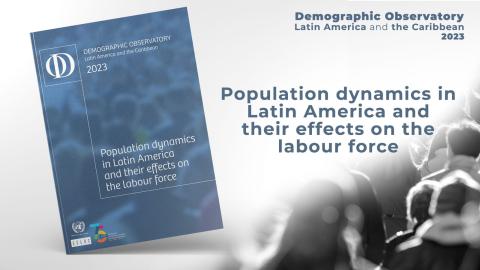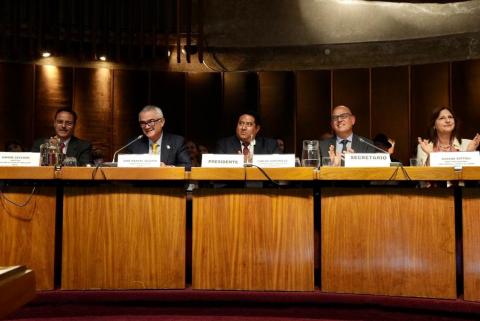News
Guatemala must move toward a new generation of public policies that recognize ethnic diversity in order to eradicate racism and discrimination against indigenous peoples, Wilson Romero and Ana Patricia Orantes recommend in the Study on Racism, Discrimination and Inequality Gaps in Guatemala (in Spanish only), published recently with the collaboration of the Presidential Commission on Discrimination and Racism against the Indigenous Peoples of Guatemala (CODIRSA).
According to the authors, the study’s objective is to render visible the social inequality resulting from racism and racial discrimination, and to recommend public policy components that would allow for moving toward social equality while promoting cultural diversity at the same time.
“To roll back inequality, it is necessary to take redistributive measures, and to create a core of public policies with a view to guaranteeing rights, justice and equality in a multi-ethnic society. Such policies would offer both direct benefits (for example, reinforcing human capacities in diverse groups) and indirect benefits (for example, improving social cohesion),” the document indicates.
The publication reveals that in 2016 inequality increased 2.03% on a national level in Guatemala, with a 3.8% rise in rural areas and 0.76% in urban territory. In addition, only 29% of indigenous persons had formal employment.
The authors provide seven recommendations to Guatemala for eradicating racism and discrimination against the country’s indigenous peoples, which account for 41% of the total population and include the Maya people, the Garifuna ethnic group and the Xinka people.
These recommendations consist of moving toward a new generation of public policies that recognize diversity and that allow for assessing limitations; promulgating a general law that prohibits and sanctions racism and discrimination; strengthening the tutelary role of the Ministry of Labor and Social Security; revising and consolidating statistical information related to indigenous peoples for the adequate design, implementation and evaluation of public policies; putting into effect an awareness and citizen education campaign about the ethnic and cultural diversity of Guatemalan society; ensuring that the State begins to reflect the society’s ethnic and cultural diversity in a systematic way; and that it addresses the country’s agrarian situation as a high priority.
Despite the existence of structural and institutional limitations, the Study on Racism, Discrimination and Inequality Gaps in Guatemala recognizes that there are four milestones that enable reducing inequality in this pluri-ethnic and multicultural country: the Political Constitution of the Republic of 1985 and its Article 66 referring to the “Protection of ethnic groups”; the Peace Accords, which recognize both individual and collective indigenous rights, while also acknowledging the country as multi-ethnic and pluricultural; Convention 169 of the International Labor Organization (ILO), the main contribution of which is the recognition of indigenous peoples as rights holders on an individual and collective level; and the Public Policy for Coexistence and the Elimination of Racism and Racial Discrimination, which constituted “important precedents for developing legislation, policies and institutional mechanisms in favor of the exercise of indigenous peoples’ rights.”



